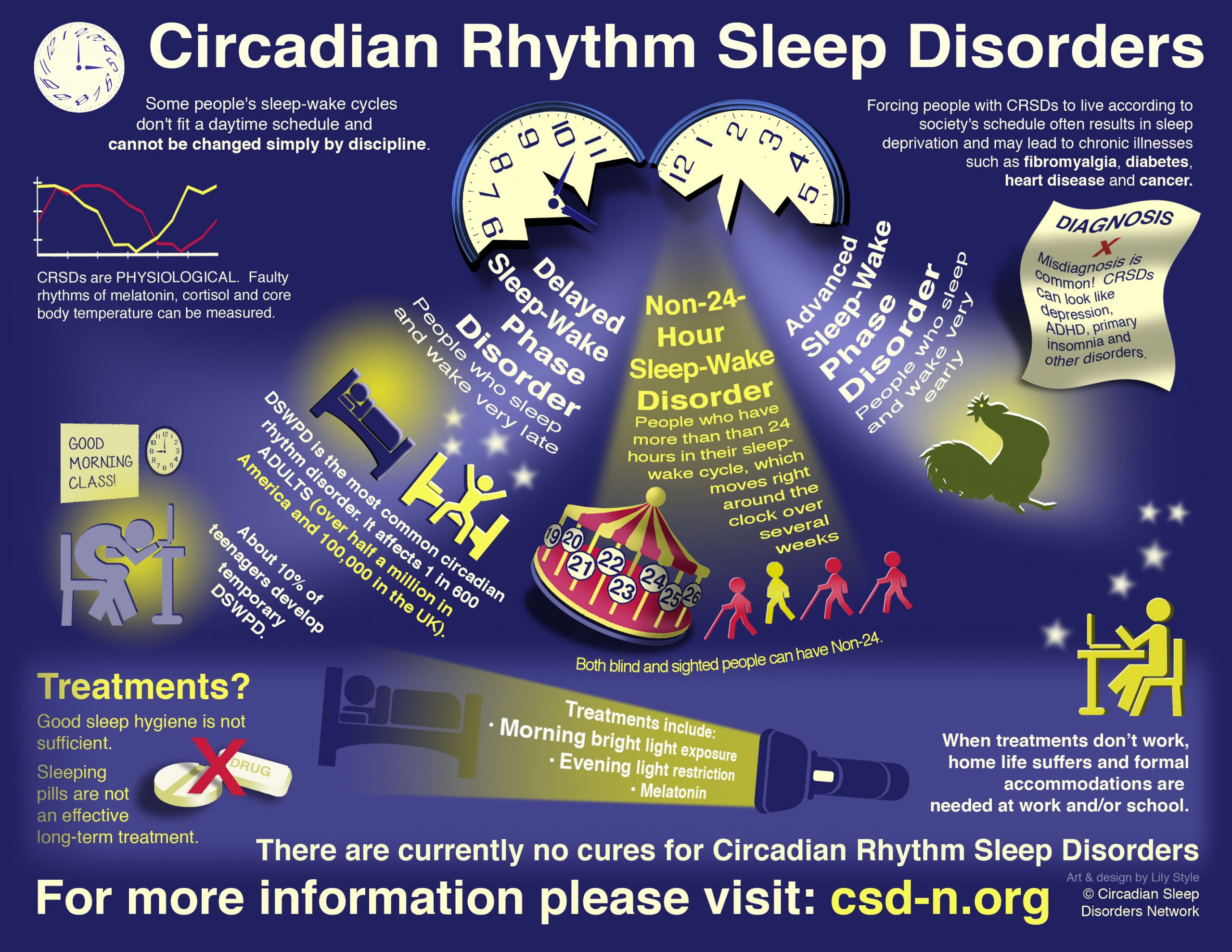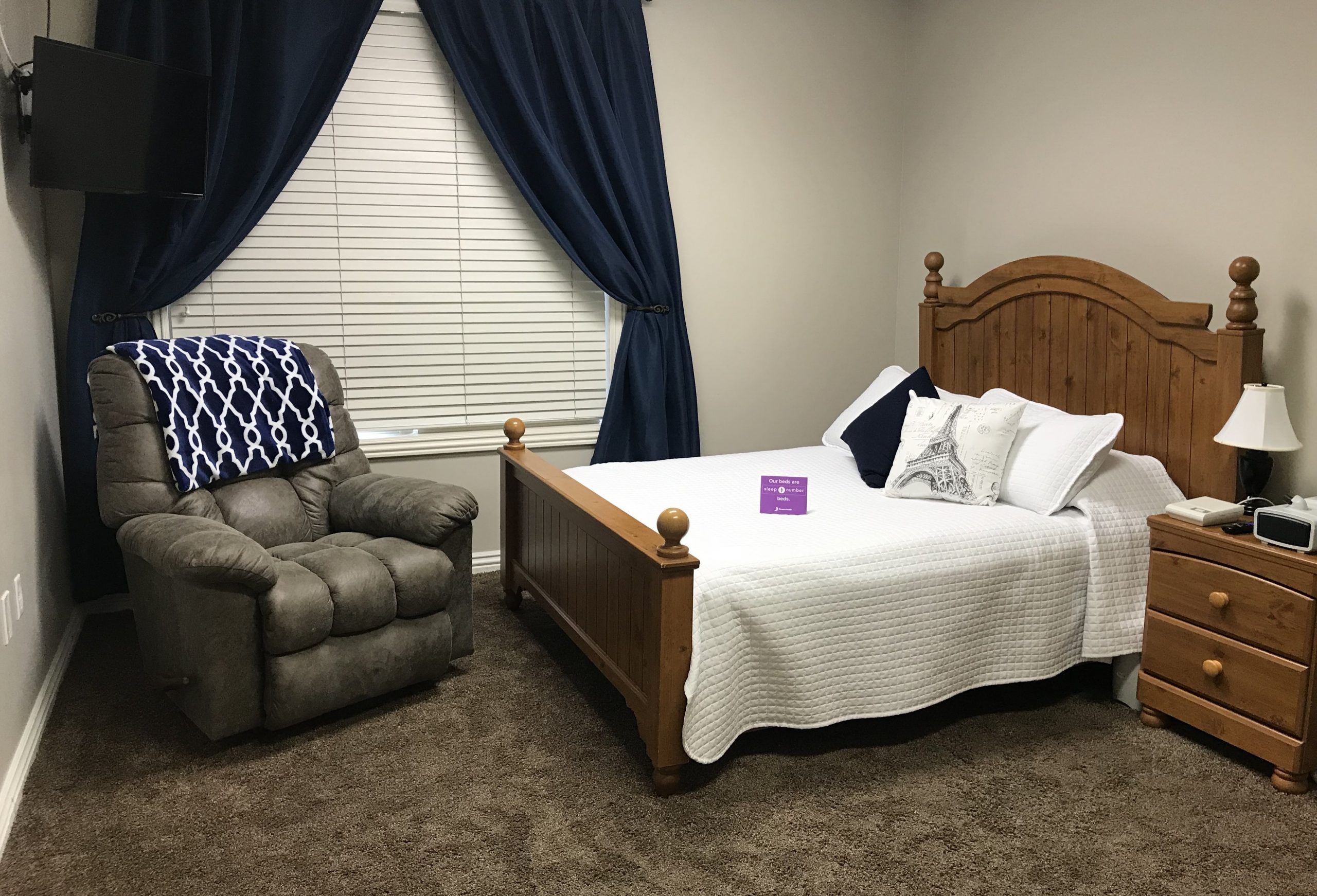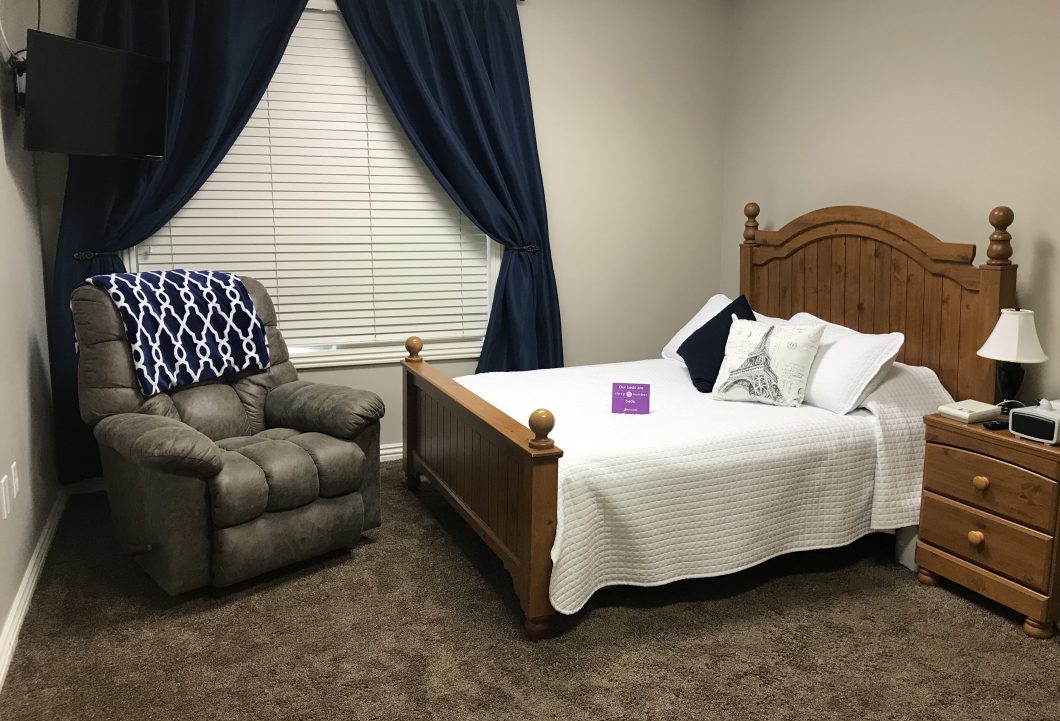Do you have problems getting a good night’s sleep? Is your weight less than ideal or problematic?
The number of adults with sleep disorders and the number of people physically inactive are both at epidemic proportions.
The National Center for Health Statistics has reported that 55% of adults 18 years and older never engage in vigorous leisure-time physical activity, lasting 10 minutes or more per week.
The National Sleep Foundation found that 75% of adults report having at least one symptom of a sleep problem a few nights a week or more. Is there a correlation?
Significant positive self-reported exercise habits are associated with better self-reported sleep. A variety of research studies show that exercise increases slow wave sleep (deep, restful sleep), decreases daytime sleepiness, and helps you fall asleep at night.
Physical exercise can be an effective, low cost, and easily accessible non-drug sleep treatment.
Just as important, if you sleep better and feel less sleepy during the day, you are more likely to exercise, with all of the benefits for health and longevity associated with good sleep. On the other hand, if if you do not sleep well, you tend to be more tired and have less energy to exercise
Benefits of Good Sleep to Health
Regular exercise can improve your quality of life, mood, and lower your risk of heard disease, stroke, depression, high blood pressure, and stress. In addition, exercise has been shown to affect your cognitive brain functions, metabolic rate, and the very structure of your sleep.
Exercise can also increase your Growth Hormone (GH) release, which is very important for health and longevity. GH is released by the pituitary gland and is associated with healthy skin, muscle, and metabolic functions, such as decreasing your fat and increasing your muscle.

GH decreases with age. So, exercise can be an effective means of increasing this vital hormone. In addition to hormonal changes, exercise has positive benefits to your cardiovascular system and mental health status.
Timing of Exercise
When you exercise can affect your sleep. It is recommended that you NOT exercise for several hours before your bedtime, since, for some people, this can be arousing and interfere with your ability to fall asleep. In addition, there are more possible conflicts and unforeseen events that can interfere with your exercise routine.
Type of Exercise
The positive effects of exercise and health and sleep depend on the type of exercise performed and your intensity. High intensity exercise is associated with an increase in your GH level, if performed on an empty stomach
While aerobic exercise may have benefits to your weight program and psychological well being, it doesn€™t have the same positive benefits as a short duration, high intensity program.
For more information on the benefits of high intensity exercise and how to get started, see www.alsearsmd.com. [Search for PACE training, which stands for progressive, accelerated cardiovascular exercise].
How Much Should You Exercise
Regular exercise is just as important as the type of exercise performed. People who are physically fit show an increase in deep sleep following exercise, whereas unfit people show no change.

These findings suggest that regular (not necessarily daily) exercise of high energy expenditure (e.g. PACE) is the ideal way to sleep your way to good health.
PACE or similar training, such as Peak 8 exercise (see www.mercola.com) are also much more efficient. These can be done a few times a week for 10-15 minutes per day, as opposed to the long duration, daily aerobic exercise that can be detrimental to your health. There are many options available when it comes to buy CBD for sleep. The list of these oils are characterized based on several factors and of course based on the reviews and the ratings done by the people. with this medicine you can solve your trouble of sleep in minutes.
While high intensity exercise results in better sleep quality, there is evidence that too much exercise can have adverse effects on sleep.
Over 90% of athletes suffering from overtraining admit to experiencing poor sleep. Muscle fatigue and soreness from high intensity training periods may be responsible for the poor sleep
Sleep Apnea
There is a strong link between sleep apnea (lack of breathing during sleep), obesity, and lack of exercise. Obesity is recognized as one of the major risk factors for obstructive sleep apnea (OSA). Patients with OSA frequently report being overweight, fatigue, irresistible sleepiness during the day, and poor exercisers.
Exercise and weight loss can be one of the best treatments for OSA.
There is even evidence that exercise, done under medical supervision, can reduce OSA, independent of body weight changes. Exercises to strengthen respiratory muscles can decrease their collapsibility in OSA. Exercise€™s ability to reduce anxiety and stress can decrease cases of OSA that are brought on by anxiety.
Conclusions
The importance of exercise and sleep needs to be emphasized. Both positive sleep habits and physical exercise are highly correlated with other positive health benefits. In addition, poor sleep quality is an indicator of many illnesses.
It is therefore important to understand that, in order to sleep your way to good health, exercise must be an important component and a necessary piece of the puzzle to health and longevity.

